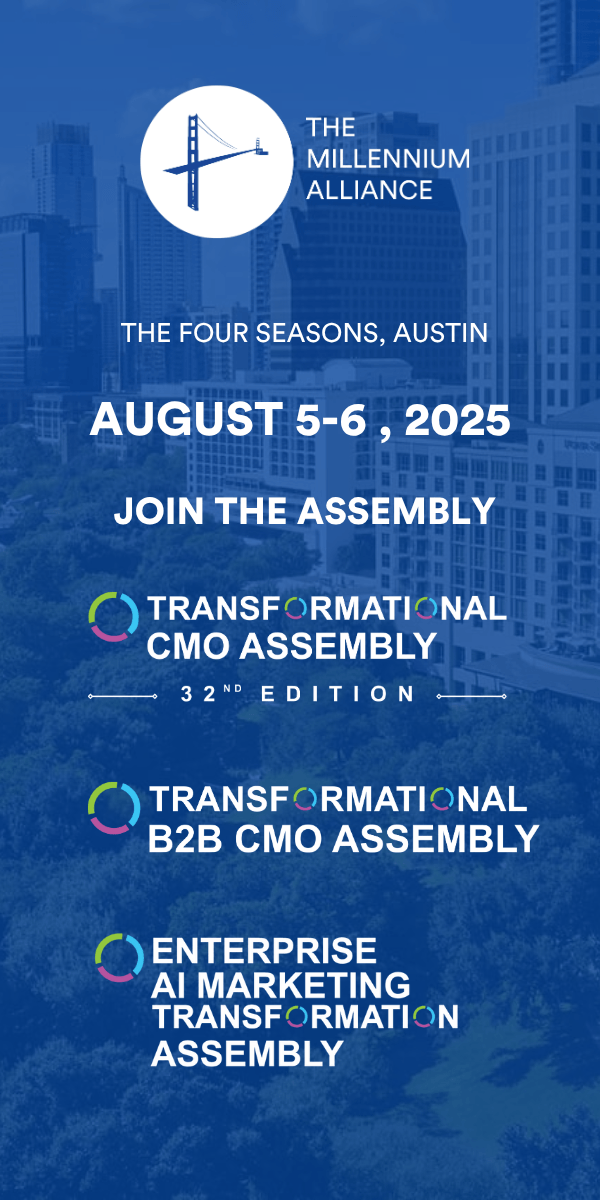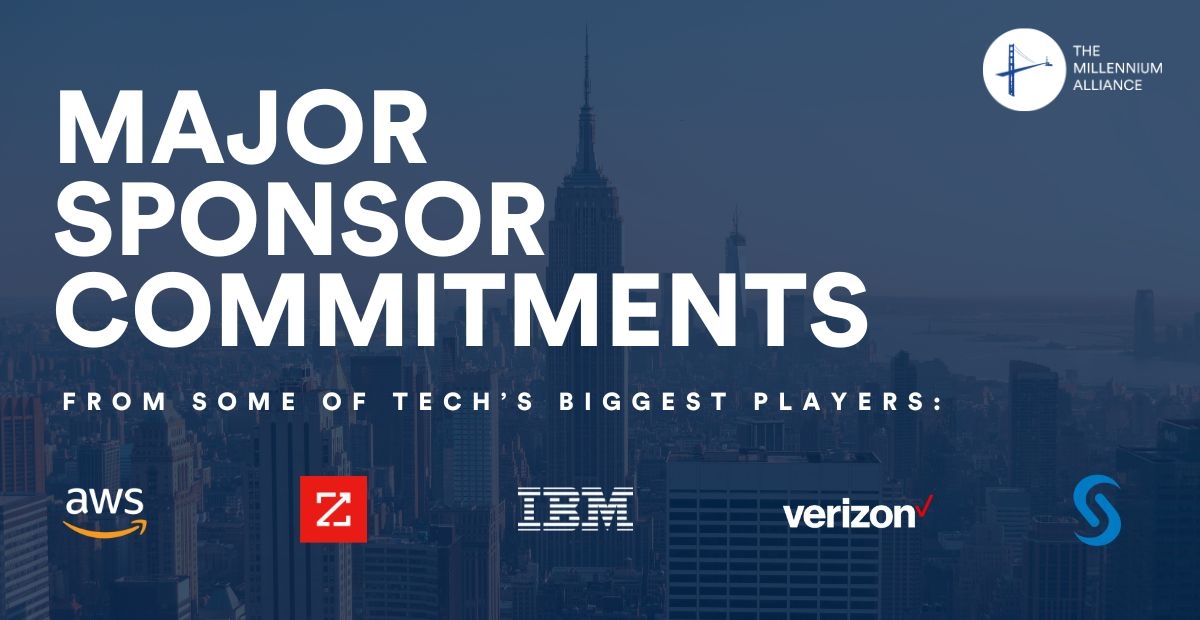I think it is safe to say we are in a world where technology pretty much plays a function in most things we do. Whether we are interacting with our friends, completing tasks at work, or simply enjoying some free time, technology is likely to be an active participant. Which brings me to my next point: social media.
Ah, the world of social media. This world is an interesting one, to say the least, and is made up of components that continue to grow today. These components include and are not limited to all of the platforms we use on a daily basis.
A World Of One’s Own On Social Media
Whether we are gaining our news for the day, or simply keeping up with a favorite celebrity, the social media platforms we chose to interact with play a huge role in what we consume. Instagram differs from Facebook, which differs from Snapchat, which differs from Twitter, and you get the point…
The functions of these platforms are complex and made up of fancy things called algorithms. In recent news responding to net neutrality, we have heard algorithms come up in conversation among digital marketers who believe that algorithms actually hurt the exposure of a particular brand.
“For the casual user who’s tired of sorting through dozens of Facebook posts from brands they followed five years ago and no longer care about, algorithms are amazing. For the social media marketer who’s reaching half the amount of their audience as they did five years ago, they aren’t so great.” Sprout Social reports.
Algorithms: A Help Or Hinder?
When social media first appeared in society, algorithms existed very little on particular platforms. This mainly has something to do with the fact that the users on platforms like Facebook and Instagram were very little compared to today. Now, in 2018, social media has grown so much, algorithms have been put into motion in order to achieve a level of organization for users.
In the most simple terms, algorithms have been incorporated into social media platforms in order to give users the opportunity to view accounts that they actually care about. This means the accounts that they are most active with, will appear first, over those that don’t receive the same amount of engagement.
“You may follow dozens or even hundreds of accounts on Facebook. But you likely have certain accounts you enjoy more than others. Social networks are trying to figure out the best way to serve that content to you first.” Sprout Social reports.
Makes sense, right? For the average consumers, it may. But, for brands trying to create a large following, it could be seen as a hinder. If users are not commenting, liking, or simply engaging in this brand’s content, then they will appear last in the news feed, and in some cases, can be overlooked completely.
Overcoming Algorithms
Some marketers can see algorithms as a challenge, but it can also create an opportunity for brands to reach a targeted audience. It is important for marketers to engage with audiences more than ever, in order for algorithms to pick up on the popularity of your particular account.
When algorithms first disrupted social media, users were quick to persuade followers to turn on post notifications, which is a feature Instagram added to accounts in order to allow users to pick accounts they can receive a notification from whenever that account posts.
If you can successfully get followers to want to view your account, then you have overcome algorithms. Good luck!
ABOUT THE TRANSFORMATIONAL CMO ASSEMBLY
The digital revolution has forever changed the balance of power between individual consumers and brands. This need to think “customer first” has made the marketing function more vital than ever before.
C-Level executives around the world are anticipating that digital technology will continue to drive business. We’ve put together a series of executive education roundtables, keynote presentations, collaborative think tanks, educational workshops, and networking sessions with our industry experts and advisory board.
Are you a CMO interested in attending this event? Inquire here today to find out if you qualify for Millennium Membership >>















